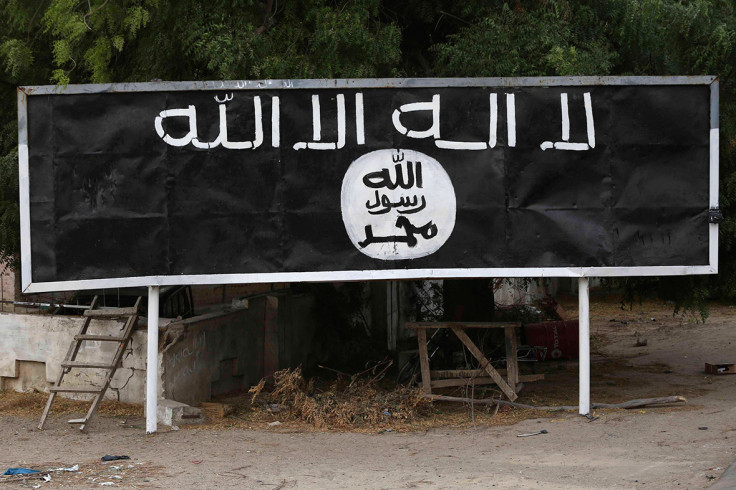Nigeria Boko Haram: Army captures Islamist group's headquarters in Gwozo

The Nigerian army announced late on Friday (27 March) that it had captured Gwozo, the militant group Boko Haram's headquarters in the north-eastern part of the country.
In a statement, army spokesman Chris Olukolade claimed that many militants were killed and many others captured in the offensive which also recovered arms and ammunition from the militant headquarters in Gwozo.
The news comes at an opportune time for President Goodluck Jonathan who is seeking re-election in Saturday's (28 March) presidential elections.
Before campaigning ended, Jonathan promised the nation that the north-eastern Nigerian town would be liberated by Friday.
Gwozo is believed to be the place where the kidnapped schoolgirls have been held though there are no signs yet of the girls.
The Nigerian military has often been accused by Chadian troops of failing to secure regions won back from Boko Haram, forcing troops to retake regions more than once.
Troops from neighbouring Chad and Niger have taken part in joint regional action against the Islamic militants.
Presidential polls
Saturday's election had been postponed for six weeks due to fears of an attack by Boko Haram militants.
Poll watchers fear a repeat of 2011, when 1,000 people were killed in clashes after the results were announced. Reports have spoken of many Christian families leaving their homes fearing repercussions following a win by Jonathan.
Jonathan, a Christian from the south, is taking on former military ruler Muhammadu Buhari, a Muslim from the north in a tense poll that has seen the electorate divided along ethnic, regional and sectarian lines.
Jonathan, who was a zoology professor, has been targeted for rampant corruption and insecurity in the nation.
Elections in Nigeria have traditionally been bogged down in vote-buying scandals as well as violence, with at least 40% voters exchanging votes for cash while a 30% base it on ethnic or religious affiliations.
© Copyright IBTimes 2025. All rights reserved.





















